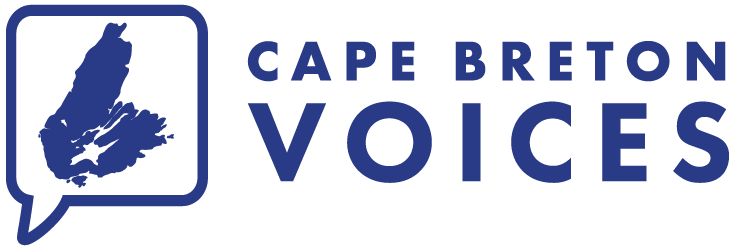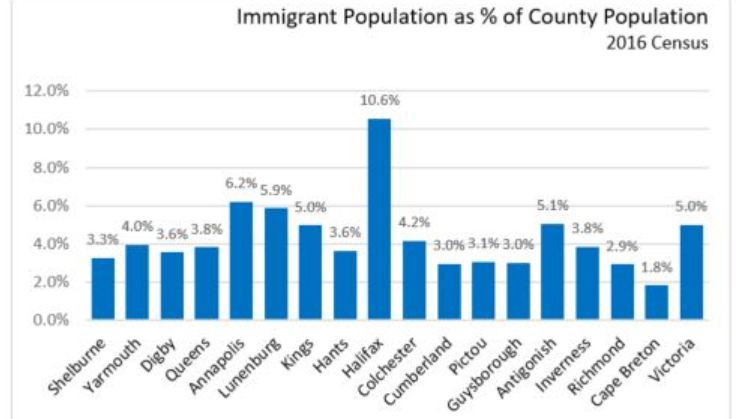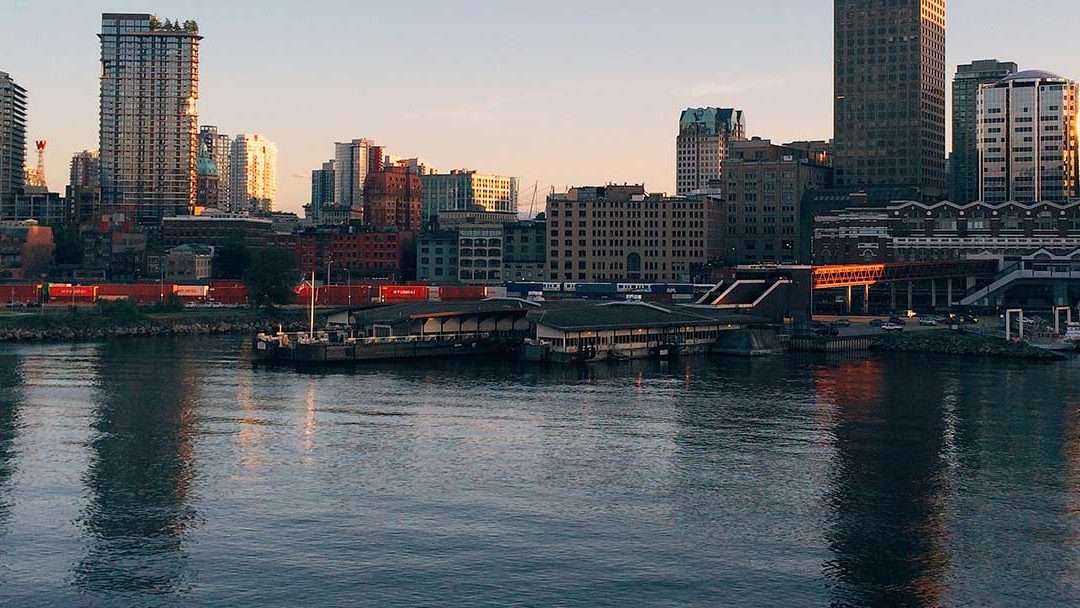
Each year Cape Breton Island loses about 1,500 people. And gains 100 through immigration. Each time we lose 1500 people, they take with them $19 million in consumer spending. This is an unsustainable equation. Annual population loss affects all four counties on the Island. With a rapidly aging population (a median age of 49 compared to Canada’s median age of 40.6) a significant and sustained increase in immigration is the only way out of our demographic crisis.
With a population today of less than 130, 000 this cannot continue in Cape Breton indefinitely.
On average, the Nova Scotia government adds 2000-3000 newcomers each year to its population of less than a million people. Historically, 80-90% of these newcomers intend to settle in the HRM.
In 2014-2015, 2005 of the immigrants coming to the province settled in Halifax. 92 settled in Cape Breton. Other regions attracted fewer than 10 immigrants each through the provincial system to their communities. This pattern of settlement has been the same for decades. When combined with births, deaths, and inter and intra-provincial migration, Halifax grows and every other region in the province shrinks.
Other provinces are catching on to the importance of immigration. Starting in 2006, with a new population strategy focused on recruitment, repatriation, retention and rural areas, PEI now welcomes between 1200-2000 each year to its population of 150,000. That is more than 20 times the newcomers Cape Breton Island, with its 130,000 residents will bring.

Manitoba has a population of just over one million people. It is moving its annual immigration target to 25,000. Nova Scotia has a population of fewer than one million. Its annual immigration target is between 2,000 and 3,000.
Nova Scotia has ¼ of the land mass of the UK and 1/60 of its population. We are an underpopulated Island in an underpopulated province in an underpopulated country.
Population loss tends to pick up, not lose momentum over time. In September of 2016, 17 schools closed in the Cape Breton Victoria Regional School Board. As people leave, schools close, stores close, and with fewer tax dollars as roads get worse, and we get fewer doctors. As schools close, stores close, roads worsen, and doctors don’t come, more people leave.
Given all of the above, we call on the Province of Nova Scotia to work with Cape Breton Island to immediately and significantly increase immigration to the Island (by 1000-1500 people per year) for a period of at least ten years.











